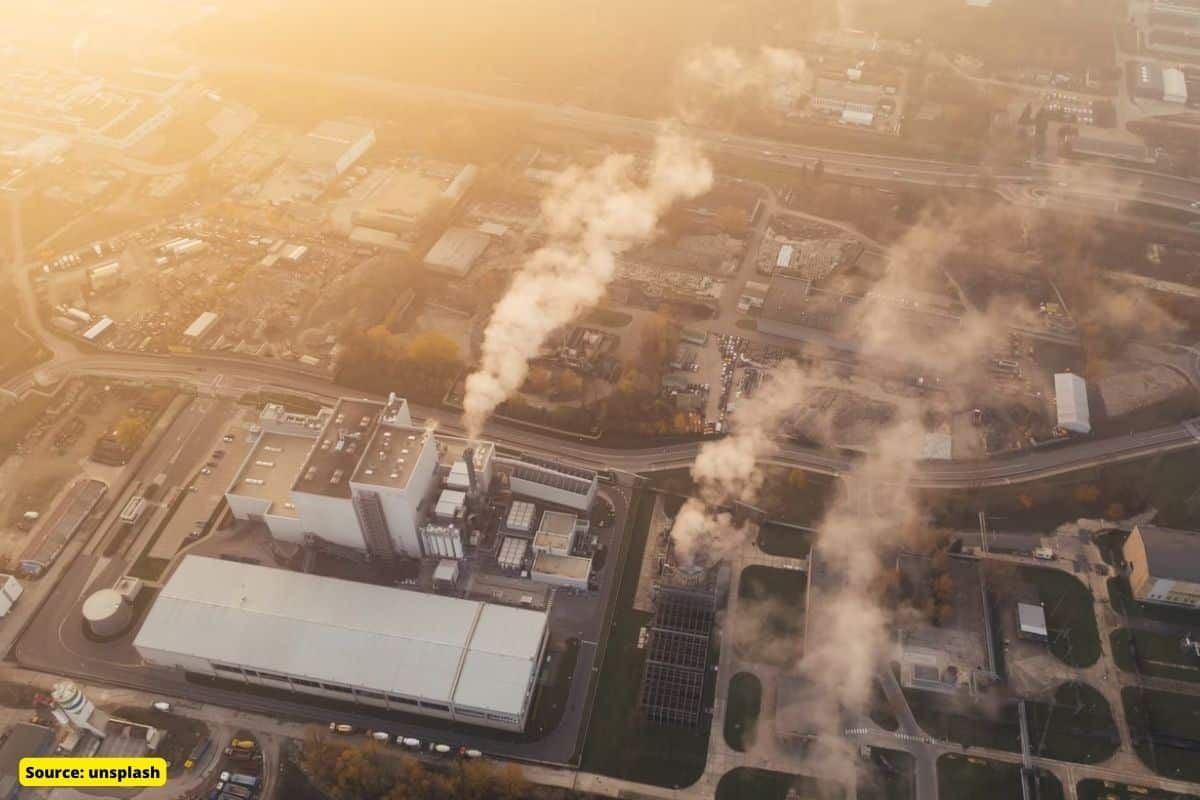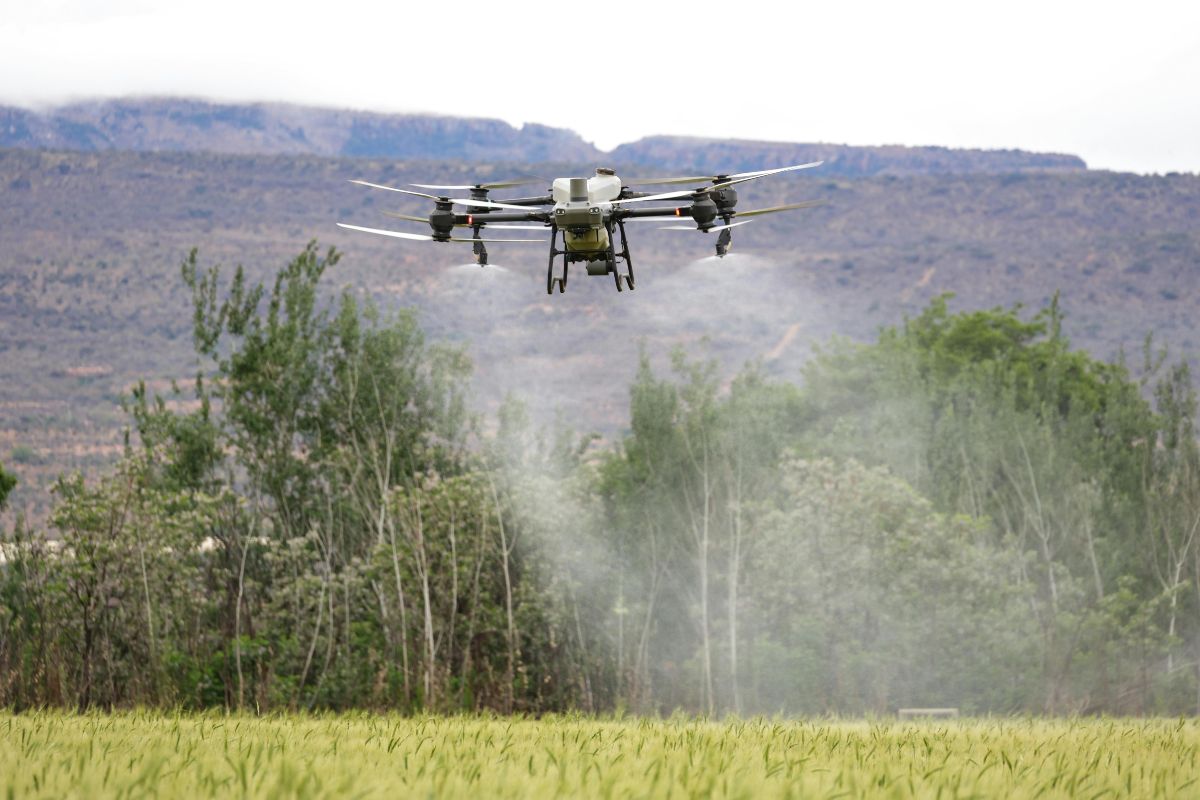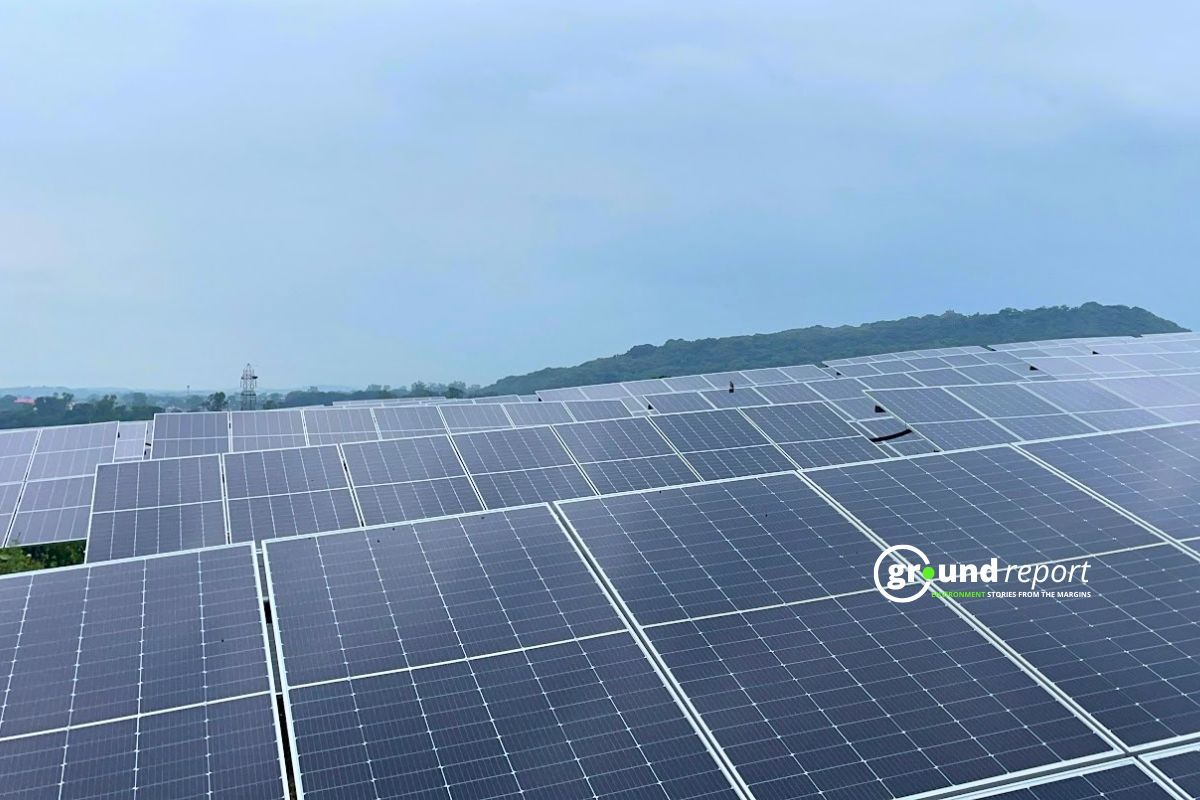A new study published in the American Journal of Respiratory and Critical Care Medicine has revealed that exposure to air pollutants, particularly fine particulate matter (PM2.5) and nitrogen dioxide (NO2), increased the risk of hospitalization in COVID patients, even for the fully vaccinated.
Across the health care network, 50,010 patients, ages 12 and older, were diagnosed with COVID-19 in July or August 2021, when the Delta variant of SARS-CoV-2 was circulating and many people had been vaccinated.
The researchers looked at the average levels of PM2.5, NO2, and ozone (O3) over the one-month and one-year periods before each patient received a COVID-19 diagnosis.
We investigated both long-term and short-term exposure to air pollution, which may influence the severity of COVID-19 through different mechanisms, said Zhanghua Chen, assistant professor at USC and co-senior author of the study.
In the long term, pollution is linked to an increase in cardiovascular and pulmonary diseases, which in turn are associated with more severe symptoms of COVID-19, the researchers said.
“These findings are important because they show that while COVID-19 vaccines are successful in reducing the risk of hospitalization, people who are vaccinated and exposed to polluted air are still at greater risk of worse outcomes than people who are vaccinated and not exposed to it”, said Anny Xiang, study author and a senior research scientist at KPSC.
The study, published in the American Journal of Respiratory and Critical Care Medicine, estimated air pollution exposure levels for each participant based on their residential addresses. The researchers looked at the average levels of PM2.5, NO2, and ozone (O3) over the one-month and one-year periods before each patient received a COVID-19 diagnosis.
In the short term, exposure to air pollution can worsen inflammation in the lungs and could even alter the immune response to the virus, they said.
The team found that among 30,912 people who were not vaccinated, short-term high PM2.5 exposure increased the risk of COVID-19 hospitalizations by 13 per cent, while long-term exposure increased the risk by 24 per cent.
For NO2, short-term exposure increased the risk of hospitalization by 14 per cent and long-term exposure increased the risk by 22 per cent, according to the researchers.
Ozone was not significantly associated with COVID-19 hospitalizations, they said. For those who were partially or fully vaccinated, the risks of hospitalization related to air pollution exposure were slightly lower, but the difference was not statistically significant.
For those who were partially or fully vaccinated, the risks of hospitalization related to air pollution exposure were slightly lower, but the difference was not statistically significant.
ALSO READ
- Six Impacts Of Climate Change On Animals
- Air Pollution: Delhi CM Brings Out A 15-Point ‘Winter Action Plan’
Follow Ground Report for Climate Change and Under-Reported issues in India. Connect with us on Facebook, Twitter, Koo App, Instagram, Whatsapp and YouTube. Write us on GReport2018@gmail.com







